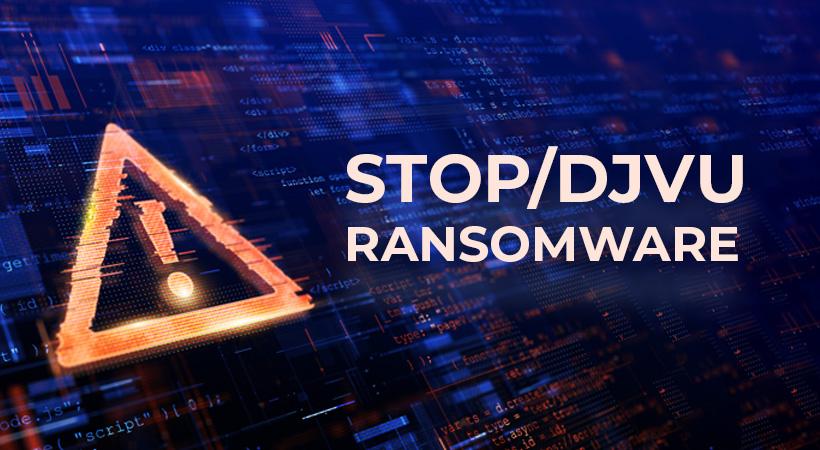The JAZI Ransomware, an offshoot of the notorious STOP/Djvu Ransomware family, follows a familiar pattern by encrypting targeted files and demanding a ransom for their release. Commonly distributed through software bundles, this strain preys on unsuspecting users who download freeware or pirated apps from torrent or cracked software sites.
Encryption and Ransom Demands
JAZI Ransomware operates by encrypting a wide array of file types – documents, photos, music, and videos – appending the “.JAZI” extension to each compromised file. Alongside encryption, it leaves ransom notes on the desktop and in affected folders, demanding a substantial fee for decryption.
Sophisticated Tactics
Upon installation, JAZI Ransomware utilizes the AES encryption algorithm to lock files. Often coupled with information stealers like Vidar and ZeuS, it allows hackers to access sensitive data before encrypting files, suggesting the potential presence of an infostealer.
Ransom Demands and Contact Information
Victims are coerced into paying a ransom of $980 for the decryption key, with a 50% discount offered if contacted within the initial 72 hours. The hackers behind JAZI Ransomware can be reached via support@freshmail.top and datarestorehelpyou@airmail.cc, although engaging with them is highly discouraged due to the lack of guarantee for decryption tools post-payment.
Precautionary Measures
Paying the ransom doesn’t guarantee file recovery, and the ransomware may attempt to delete shadow copies, making file recovery near impossible. Instead, focus on preventive and restorative measures:
- Avoid Ransom Payment: It’s advised not to pay the ransom as it doesn’t ensure file access recovery.
- Disconnect Devices: Immediately disconnect plugged-in devices from the infected computer to prevent ransomware spread across the network.
- Safe Browsing Practices: Refrain from opening email attachments from unknown senders and downloading from unreliable sources.
- Install Reliable Malware Remediation Tools: Have reputable anti-malware software to detect and remove ransomware elements.
- Data Backup: Regularly back up files on external drives or cloud storage to mitigate the impact of potential ransomware attacks.
Preventing Future Infections
To fortify against JAZI Ransomware and similar threats:
- Employ safe web browsing habits.
- Install reputable malware remediation tools for regular system scans.
- Back up crucial data on external drives or cloud storage regularly.
By prioritizing caution, employing robust security measures, and creating a backup strategy, users can safeguard against the threat of JAZI Ransomware and significantly minimize its impact on their systems and data.





